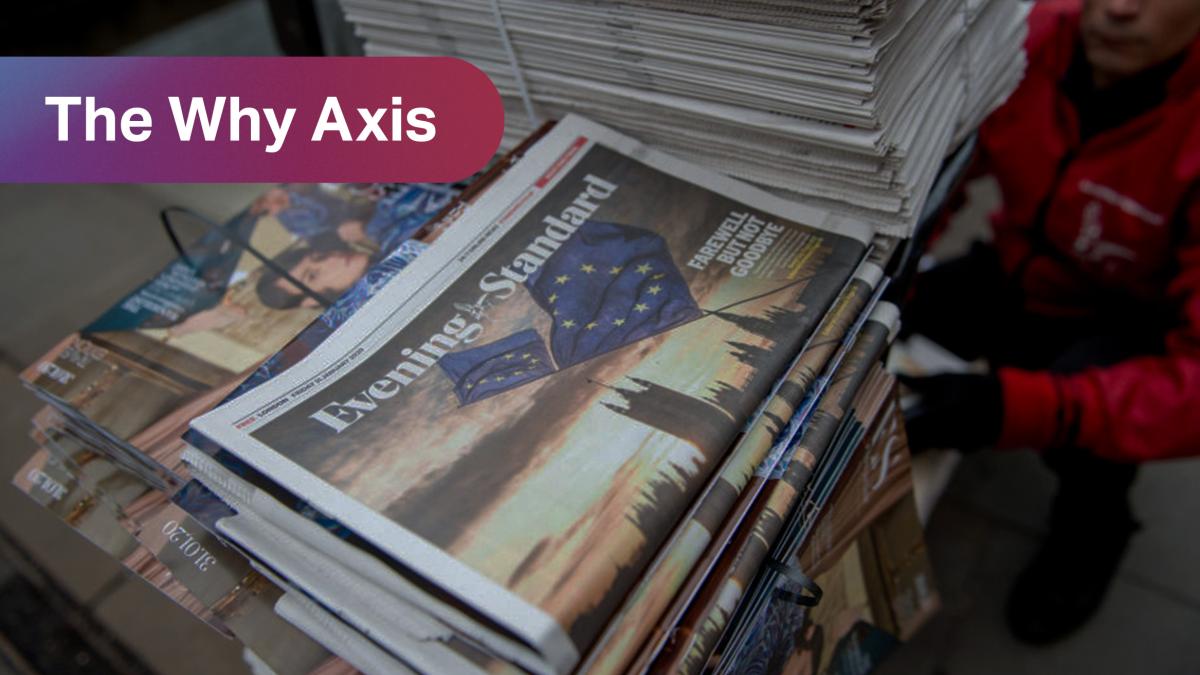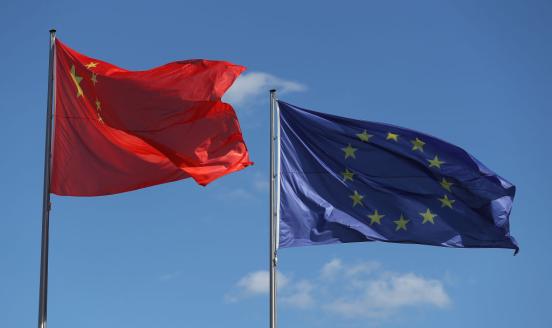The single market according to Enrico Letta - was the report worth the wait?


In September, the European Council tasked Enrico Letta, Italy’s former Prime Minister, with preparing an in-depth report on the single market: a concept that both receives much reverence in the EU and remains abstract to many. Now his long-awaited report is out, and we at Bruegel have been reading and discussing it eagerly. If one of Letta’s objectives was to make the single market less 'boring', he has succeeded.
Letta makes a powerful political and economic case for single market deepening and broadening. He explains why the single market is critical to tackle the big problems of our times: boosting investment to finance Europe’s many needs through a “savings and investments union”; lowering the costs of decarbonisation; strengthening Europe’s ability to defend itself; and making it easier for European companies to grow and achieve scale. The single market is critical not just to give Europe’s citizens better choices, but to strengthen Europe in the world.
But Letta’s report does not just reinforce the case for the single market: he also makes many proposals on how to improve it. Critics will tell you that the report lacks analysis, that it does not discuss trade-offs and that it contains little that is really new. They are partly right. But they also miss the point. Letta’s mandate was not to provide a quantitative research based economic treatise – you do not ask a former prime minister to do that. It was to invigorate the debate, set themes and priorities, and make the single market agenda concrete. For the most part, he has done this superbly.
Letta's report pushes many good ideas back into the forefront of the policy debate – whether new or old. It now falls to the rest of us to engage with these ideas, prioritise them and develop the best. We have started to do so: Ben McWilliams, Simone Tagliapietra and Georg Zachmann addressed his messages on energy union; Rebecca Christie, Conor McCaffrey and David Pinkus on Letta’s single market for savers. More Bruegel pieces on specific aspects will follow.
The Why Axis is a weekly newsletter distributed by Bruegel, bringing you the latest research on European economic policy.


